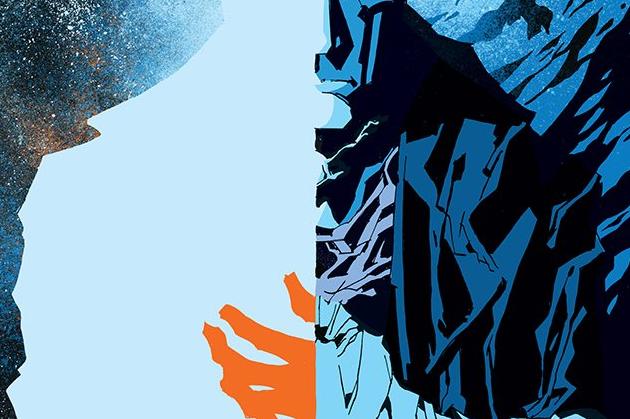Shipwreck #1
Written by Warren Ellis
Art by Phil Hester
Published by Aftershock Comics
I doubt another comic book exists in which two characters exchange stream-of-consciousness dialogue with Hegelian epistemological undertones. Leave it to Warren Ellis to break that seal. While reading Shipwreck #1, I found myself mesmerized without perfectly understanding what was happening, who it was happening to, or why it was happening at all. The main character appears to be motivated by random distraction, similar to how dreams bend to the fleeting interruptions of subconscious thought.
Shipwreck #1 follows Dr. Jonathan Shipwright after he wakes mysteriously on the side of the road. He gives no indication that he’s bothered by such an unfortunate turn of events and wanders down the road to a decaying diner. He follows a man named Isham, who does not make an appearance in this issue. Shipwright suspects Isham of sabotaging a space mission that left Shipwright as an unlikely survivor.
It is difficult to determine what Isham is responsible for because Shipwright doesn’t seem to understand what’s going on much better than we do. The only sentiment we know him capable of articulating is that Isham is a dangerous saboteur.
Shipwreck defies categorization. It is like a Samuel Beckett play about a Salvadore Dali painting adapted by Charlie Kauffman and directed by Terry Gilliam. Shipwright briefly encounters odd Odyssian characters who speak about topics that simultaneously have nothing to do with the story and also hold information that is vital to Shipwright’s survival. Ellis’s writing and Phil Hester’s artwork capture a sense of creeping dread that permeates early David Lynch films. You may not understand what unfolds before your eyes, but you definitely feel uncomfortable about the whole thing.
Shipwreck #1 feels like the first chapter to a profound comic book series. Comics creators have explored surrealism before, to varying degrees of success, but having a writer of Ellis’s gravitas throw his talent at the genre will give future writers a higher bar to hurdle.





